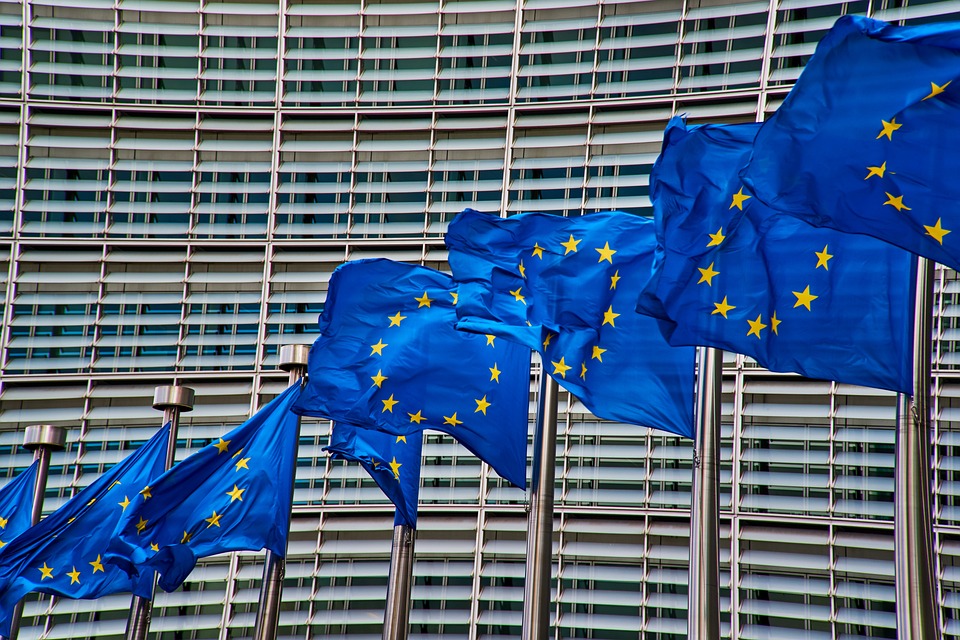In recent years, the international landscape has become increasingly fraught with conflict. From the ongoing U.S.-China trade wars to the violent upheaval in Russia’s invasion of Ukraine, diplomatic failures are shaping global relations and causing profound geopolitical shifts. This feature examines key incidents of diplomatic breakdown, their regional implications, and potential pathways forward.
The Breakdown of U.S.-China Relations
The relationship between the United States and China has reached a new low as a result of accumulating tensions over trade, technology, and human rights. Major events have included the imposition of tariffs by the U.S. on Chinese goods and vehement criticisms of China’s policies in Hong Kong and Xinjiang. Analysts argue that such actions signal a failure of diplomatic negotiations, pushing both countries closer to hostile confrontations.
According to a report from the Brookings Institution, a think tank in Washington, D.C., the lack of communication between key political leaders exacerbates misunderstandings that can spiral into more serious conflicts. This absence of dialogue has led to increased military posturing in the South China Sea, where U.S. naval operations have angered Beijing. It’s a situation reminiscent of Cold War dynamics, where each side perceives the other as an existential threat.
The Middle East: Resurgence of Hostilities
In the Middle East, diplomatic efforts have been significantly undermined by events in Israel and Palestine. Recent tensions leading to clashes around the Al-Aqsa Mosque have demonstrated the fragility of peace processes in the region. The U.S., traditionally a broker in these negotiations, has seen its influence wane amid rising anti-American sentiments and local frustrations.
Experts like Dr. Hisham Ahmed from the University of Minnesota argue that the stalled peace talks and the abandonment of the two-state solution have fueled violence and resentment on both sides. Furthermore, the Abraham Accords, aimed at normalizing relations between Israel and several Arab nations, have created divisions rather than consensus, alienating the Palestinian leadership further.
Russia’s Isolation: The Implications of Ukraine Conflict
The ongoing conflict in Ukraine has placed Russia in a precarious position on the international stage. The invasion in February 2022 has strained relations not only with the West but also with neighboring countries in Eastern Europe. Sanctions imposed by NATO and EU countries have crippled Russia’s economy, leading to a cycle of isolation and aggression.
Arseniy Yatsenyuk, former Prime Minister of Ukraine, highlights the consequences of Russia’s diplomatic failures: “Putin’s disregard for international agreements and norms has not only resulted in his country’s isolation but has also solidified the West’s resolve against any future Russian aggressions.”
This diplomatic failure has repercussions extending beyond Ukraine. Reports indicate that it has revitalized NATO’s purpose, with new applications for membership from Sweden and Finland. This shift may fundamentally alter the security landscape in Europe, creating a more polarized and militarized atmosphere.
Broader Global Implications
The failures of diplomacy are not limited to specific regions; they have global ramifications. Tensions are manifesting in various forms including economic volatility, refugee crises, and human rights abuses. The UN High Commissioner for Human Rights has expressed deep concerns over the growing authoritarianism in response to these tensions, which could result in increased instability worldwide.
One example is the crisis brewing in the Horn of Africa, where a combination of food shortages, political unrest, and armed conflict has displaced millions. Governments that might have engaged in cooperative dialogue are now entrenched in positions that prioritize survival over negotiation, further complicating any potential resolutions.
The Role of Global Governance Institutions
As tensions rise, the efficacy of global governance institutions comes into question. Critics argue that organizations like the United Nations and the World Trade Organization have struggled to address global crises effectively. The UN Security Council often paralyzed by vetoes from permanent members, is seen as unable to adapt to new security challenges.
Dr. Thomas Weiss, an expert in international relations, notes, “revamping these organizations to enhance participation and responsiveness is crucial in addressing contemporary issues that do not fit neatly into old frameworks.” A shift towards multilateralism and inclusive dialogue may offer a path forward in an increasingly fragmented world.
Looking Ahead: Possibilities for Diplomacy
Despite the setbacks, there remain avenues for diplomatic engagement. The rise of non-state actors and regional coalitions can foster dialogue independent of traditional power structures. Grassroots movements and non-governmental organizations have also demonstrated potential by promoting peace and understanding at community levels.
While the current state of global relations might appear bleak, history has shown that diplomacy can prevail even in the face of adversity. A renewed commitment to dialogue, respect for international norms, and a focus on human rights could pave the way for resolving these multifaceted crises.
As we navigate this complicated geopolitical landscape, it becomes increasingly clear that the road to recovery will not be easy. However, by analyzing recent diplomatic failures and their impacts, there is an opportunity to forge a more stable and harmonious world.

